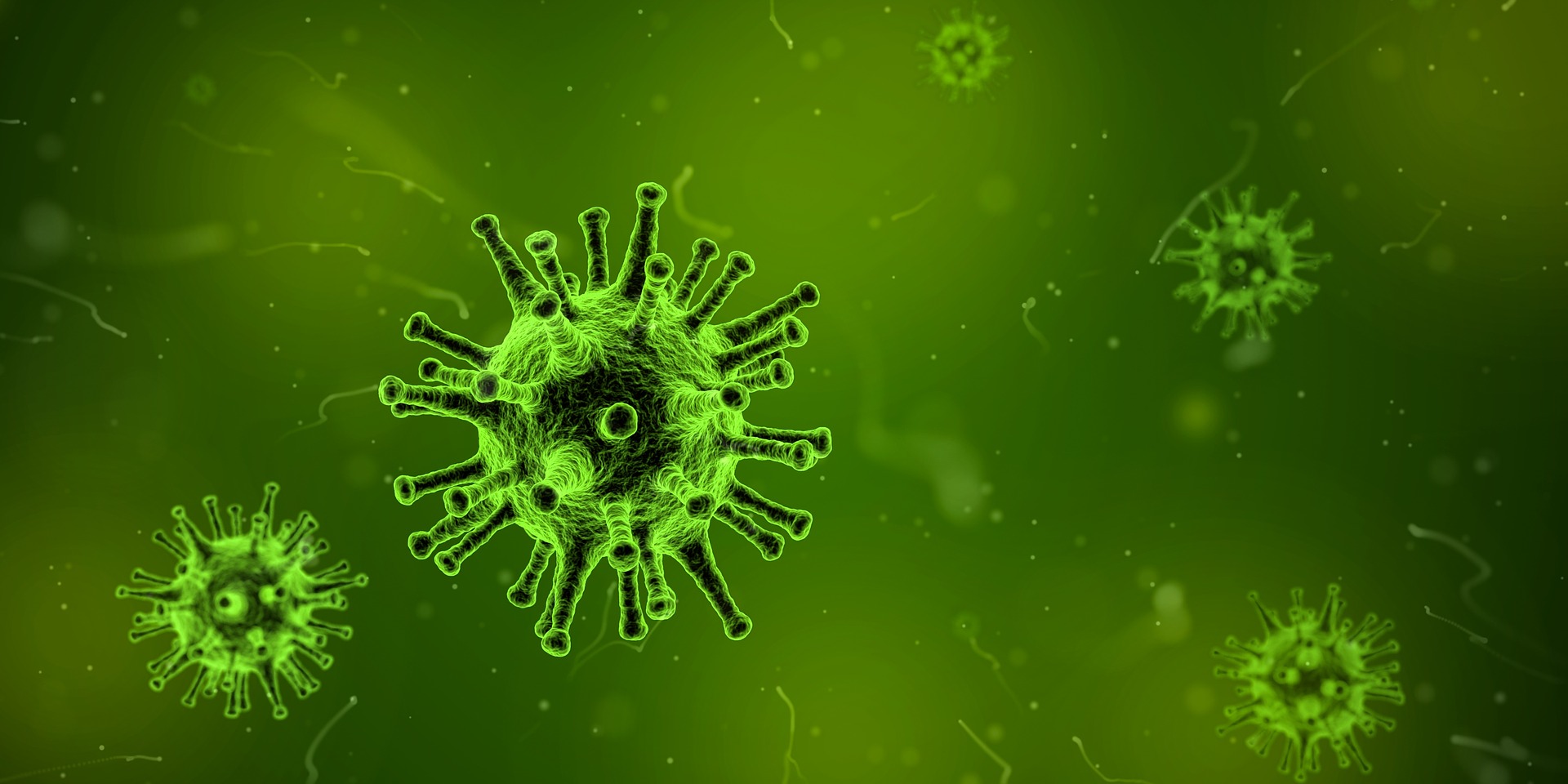Vaccination facts and fiction
Can we talk?
I have been a GP since 1990
I lived through the concern and controversy that followed the 1998 publication in the Lancet (a scientific magazine) of a possible link between the mumps, measles and rubella vaccine and autism
I lived through Covid, running a vaccination clinic and organising or immunising myself, my family, my friends, my patients and members of my community. I personally started with Astra Zeneca, which was discontinued due to a risk of blood clots. Yes, it was scary, yes, we didn’t have all of the facts when we started, but Covid was killing and has killed so, so, so many people (as of 13/04/2024, Worldometer reports 7,010,681 deaths) that something had to be done and vaccination is the most logical way to use the natural resources of our bodies to fight infection
Over the years I have personally had conversations with thousands of parents about vaccinations
Most parents have chosen to vaccinate their children
Some have not
The lead researcher of the Lancet paper lied
Vaccines are a victim of their own success — the infections they protect us from are now so uncommon, we are more worried about the side effects of the vaccine than the return of the diseases they protect us from
Babies are dying as a direct result of unfounded fears
The science is in, vaccines are safe
Are vaccines really safe?
Yes!
Are there side effects?
Yes!
BUT THE SIDE EFFECTS OF THE VACCINES ARE INFREQUENT AND MILD WHEREAS THE DISEASES THEY PROTECT US FROM ARE DANGEROUS AND WERE ONCE COMMON
Why are these numbers important?
Although there is no evidence of a link between autism and vaccines, there remain concerns about the possibility that the science is wrong. Despite studies looking for this precise link covering more than 14 700 000 children
14 700 000 is a very large number
In research, numbers matter
A large number helps you to see a small difference
The Lancet study involved 12 children. Yes, only 12
If there were only 2% of people (those with a religious or philosophical objection) who didn’t vaccinate, the 98% who are vaccinated would protect them
How come vaccines don’t always protect?
Some infections are very strong and despite having some protection from the vaccine, it may not be enough
Sometimes a new type of infection emerges. The classic for this is influenza — it is a seriously successful virus, which changes very easily and unfortunately, if it changes enough, any protection we may have had from the vaccine no longer helps
Some people don’t get protection from a vaccine and we don’t really know why that is the case or how to check—sometimes blood tests help e.g. Rubella and sometimes they don’t e.g. Chicken pox
Links:
Sharing Knowledge About Immunisation SKAI
Immunisation facts in 90 seconds
Australian Immunisation Guidelines
National Centre for Immunisation Research and Surveillance
Vaccine side effects
Most commonly, there is a little pain from the shot, some pain around the injection site, perhaps some swelling, mild fevers, muscle aches and pains, headaches
There is a small increase in the incidence of Guillain-Barre after some influenza vaccines, however if you catch influenza, the risk is much higher, resulting in less cases of Guillain-Barre among those who immunise!
Allergic reactions are rare
Follow up research into vaccination and autism
Full infographic and further information available here




